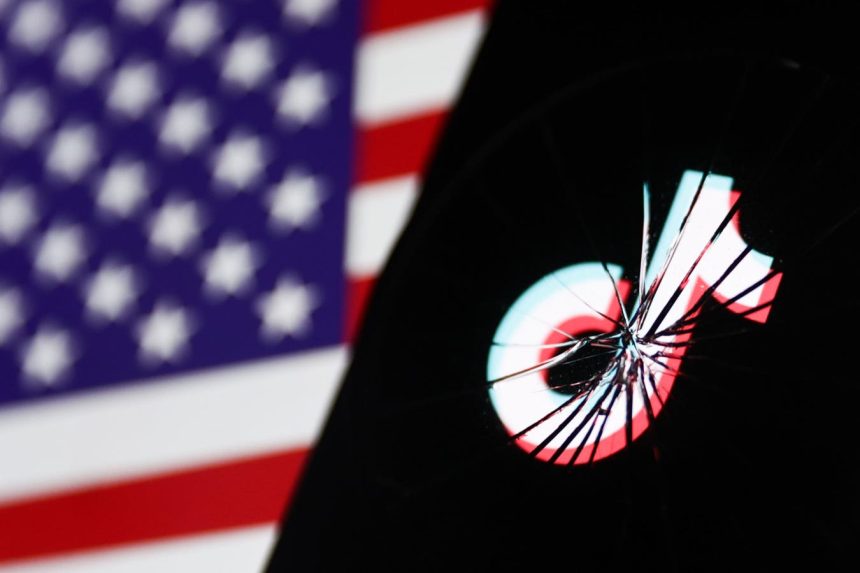The impending TikTok divest-or-ban law, effective January 19, 2024, presents a complex dilemma for data hosting companies, particularly Oracle, and threatens the privacy of millions of American TikTok users. This law, upheld by a powerful appeals court, mandates hefty fines, potentially reaching hundreds of billions of dollars, for companies that continue hosting TikTok’s data beyond the stipulated date. The legislation stems from national security concerns, aiming to prevent the Chinese government from leveraging TikTok, owned by Chinese tech giant ByteDance, for propaganda dissemination or the collection of sensitive user data.
At the heart of the issue lies Oracle’s $1 billion hosting partnership with TikTok, designed to safeguard U.S. user data from access by ByteDance employees. However, the divest-or-ban law throws this arrangement into disarray. If Oracle is forced to cease hosting TikTok’s data, ByteDance may demand its return, potentially exposing this data to the very risks the partnership aimed to mitigate. This scenario mirrors the situation in India, where TikTok, after being banned in 2020, retained vast amounts of Indian user data, raising serious privacy concerns.
The law potentially undermines TikTok and ByteDance’s commitments to U.S. users and the government. These promises, central to years of negotiations, centered on storing American data within the U.S. and shielding it from access by Chinese employees. The law’s enforcement jeopardizes these assurances, leaving the future of American user data uncertain.
Oracle faces a difficult predicament. It could argue that continuing to host TikTok’s data is “necessary” for ByteDance and TikTok to comply with the law, a provision within the legislation. However, the law remains silent on the fate of the data, and Oracle’s continued involvement is unlikely to resolve the fundamental issue of Chinese ownership. True compliance, according to the law, necessitates TikTok’s sale to a non-Chinese entity, a move ByteDance and TikTok have explicitly resisted in legal filings.
The irony of the situation lies in the potential outcome. The law, intended to prevent Chinese government access to American user data, might inadvertently force the return of this data to ByteDance, thereby increasing the very risk it sought to eliminate. This potential outcome underscores the complexity and unintended consequences of the legislation.
The future of TikTok in the U.S. hangs in the balance. TikTok and ByteDance plan to challenge the law before the Supreme Court. The outcome of this legal battle will determine not only the future of the platform in the U.S. but also the fate of the sensitive data of millions of American users. The silence of TikTok, ByteDance, and Oracle regarding the potential consequences of an unsuccessful appeal further underscores the uncertainty surrounding this critical issue. The core question remains: how to balance national security concerns with the protection of user data in the increasingly complex digital landscape.



